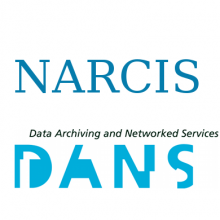Resource information
75% or the “people to land relationships” worldwide are not documented. This concerns about 4.5 billion cases. With a growing population this situation results in land disputes, land grabbing and neglecting of rights of local people. Land Administration provides documentation on people to land relationships. Land Administration is an instrument for implementation of Land Policies - part of governmental policy on environmental sustainability, economic development, disaster management, social justice and equity and political stability. Land Administration is in support to legal security (protection of land rights), access to credit (collateral for mortgage or micro credit), spatial planning, land tax and resource management (mining, forestry, and nature). Many countries have an incomplete, not up to date and therefore non-reliable land administration. Standards are needed in Land Administration, both for initial data acquisition and for data maintenance. Experience learns that it is not an easy task to design and set up a land administration. In many countries modelling expertise to set up Land Administration Systems is lacking. It should be noted that those systems contain high volumes of data. In this thesis a common standard for the land administration domain is designed and proposed for implementation. Such a standard is in support to development of software applications and this will accelerate the development and implementation of proper land administration in support to sustainable development. The International Standard is expected to be published as ISO standard in August 2012, a breakthrough in the development of this type of systems. There is already recognition and support by FAO, UN HABITAT and several countries.



